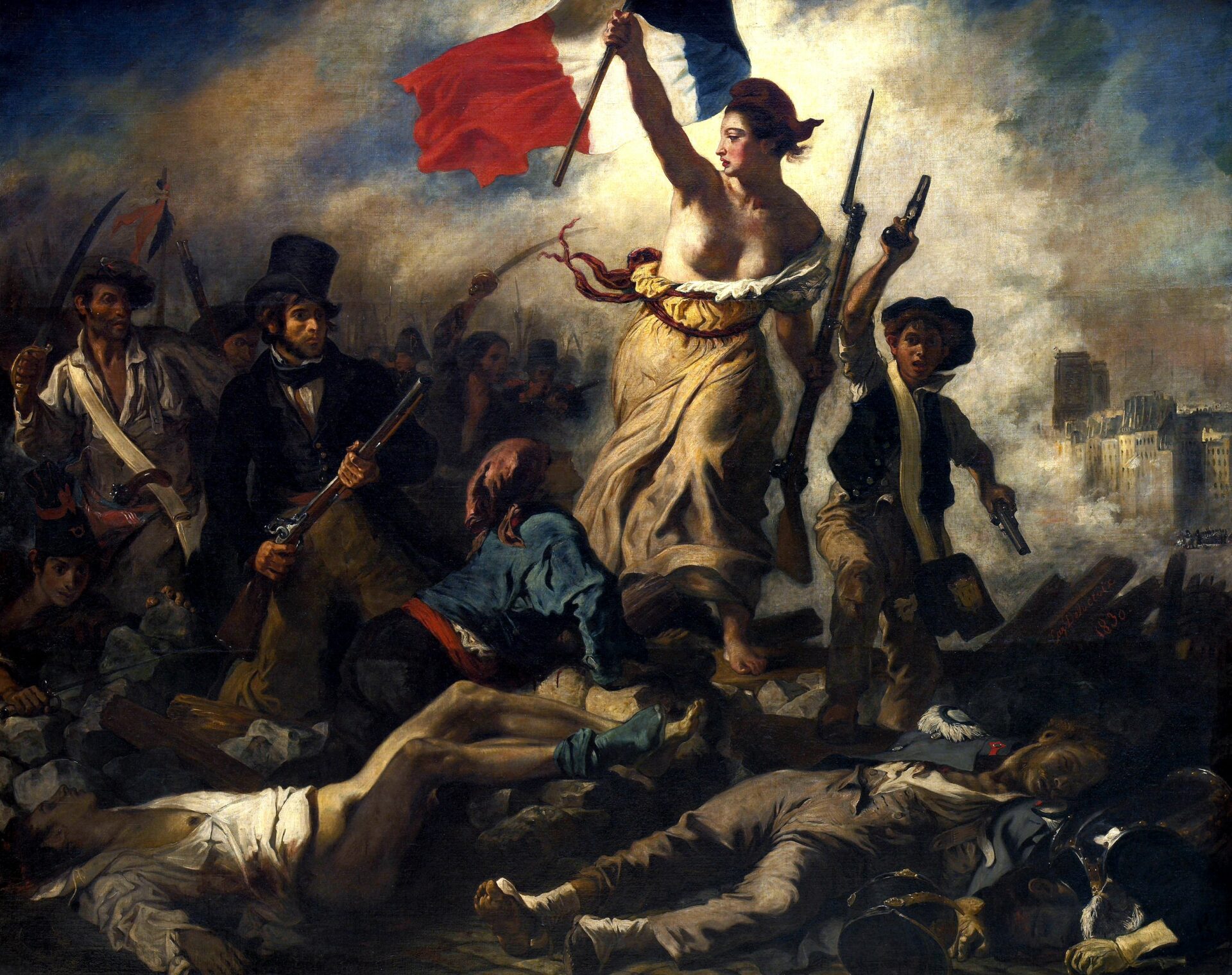The union of Belgium and the Netherlands, decreed by the peacemakers of 1815, worked well only in economics. The commerce and colonies of Holland supplied raw materials and markets for the textile, glass, and other manufactures of Belgium.
In language, politics, and religion, however, King William I of Holland exerted power arbitrarily. He made Dutch the official language throughout his realm, including the French-speaking Walloon provinces. He denied the pleas of Belgians to rectify the “Dutch arithmetic” that gave the Dutch provinces, with 2 million inhabitants, and the Belgian, with 3.5 million, equal seats in the States-General.
He refused to grant special status to the Catholic church in Belgium, and particularly offended the faithful by insisting that the education of priests be subject to state supervision. All these grievances tended to create a Belgian nationalism and to forge common bonds between the Catholic Dutch-speaking Flemings of the provinces north of Brussels and the Catholic French-speaking Walloons of the highly industrialized southern provinces.
The revolution broke out in Brussels on August 25, 1830. Headed by students inspired by the example of Paris, the riots were directed against Dutch rule. The insurgents recruited their fighters chiefly from the industrial workers, many of whom complained of low pay and frequent unemployment. However, the better-organized middle-class leadership soon controlled the revolutionary movement and predominated in the Belgian national congress that convened in November 1830.
This congress proclaimed Belgium an independent constitutional monarchy. The new constitution granted religious toleration, provided for wide local self-government, and put rigorous limits on the king’s authority. Although it did not establish universal suffrage, the financial qualifications for voting were lower in Belgium than they were in Britain or France. When the congress chose as king a son of Louis Philippe, the British foreign minister protested vehemently. The congress then picked Leopold of Saxe-Coburg (r. 1831-1865). Leopold had already shown his political shrewdness by refusing the shaky new throne of Greece; he now repeated it by marrying a daughter of Louis Philippe.
King William stubbornly tried to reconquer Belgium in 1831-1832. A French army and a British fleet successfully defended the secessionists, however, and prolonged negotiations resulted in Dutch recognition of Belgium’s new status in 1839. In 1839 also, representatives of Britain, France, Prussia, Austria, and Russia guaranteed both the independence and the neutrality of Belgium.

